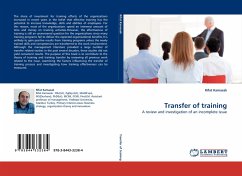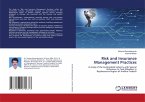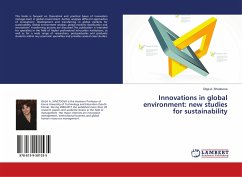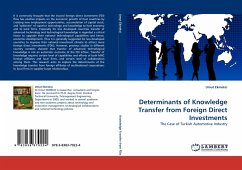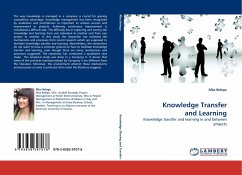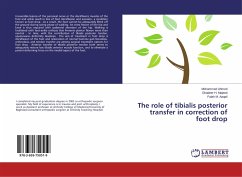The share of investment for training efforts of the organizations increased in recent years in the belief that effective training has the potential to increase knowledge, skills and abilities of employees. For this reason, most of the organizations spend an immense amount of time and money on training activities.However, the effectiveness of training is still an unanswered question for the organizations since many training programs fail to deliver the expected organizational benefits.It is unlikely to gain positive results from training programs unless the newly trained skills and competencies are transferred to the work environment. Although the management literature provided a large number of transfer related studies in the past several decades, these studies did not yield consistent results. The purpose of this book is to contribute to the theory of training and training transfer by reviewing all previous work related to the issue, examining the factors influencing the transfer of training process and investigating how training effectiveness can be measured.

